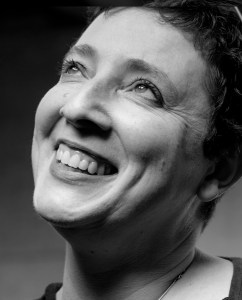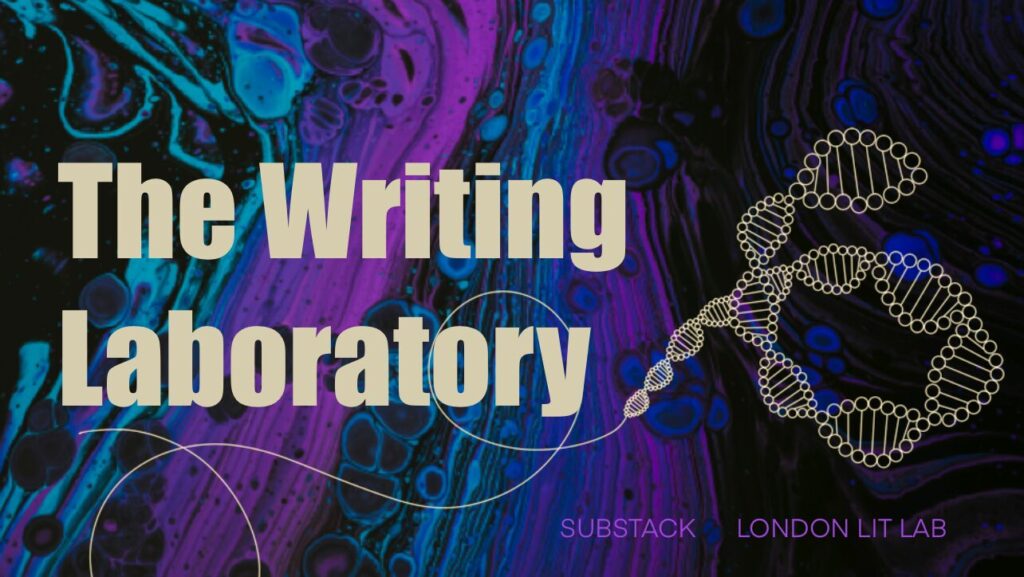The best flash fictions create whole worlds in a page or less – the length constraint can actually be a liberation, giving you permission to let go of what the story doesn’t need. This doesn’t, however, mean sacrificing richness, description, detail, compelling characters and the what-happens-nextness that is at the root of every story, in whatever shape and of whatever length.
Flash fictions come in many forms; they may look like a list, diary entry, lab report or recipe, say, as well as more traditional prose. There are no genre restrictions either, flash fiction is an open space for everything from realist stories to science fiction, moving through the surreal, the fantastical and the poetic; microfiction is poetry’s cousin.
We will be honing skills of compression and density in pieces where every word, every space and every comma counts. Through reading flash fictions from around the world and across the centuries, as well as writing our own, we will be playing in and exploring the space where less is most definitely more, taking inspiration from many sources, including art and science. No fiction writing experience necessary.
Course Outline
- Three assignments, including reading material, discussion prompts and writing exercises
- Peer feedback on your work
- Detailed written feedback from the course tutor on your final assignment
- Optional Zoom writing sessions with Tania (running twice)
- An online writing community, lasting beyond the end of the course
This course is eight weeks long and asynchronous (so you can log in and add to the discussion whenever you want) with weekly ‘windows’ of when you should read assignments, upload your work or offer and receive feedback.
Course Content
Across the three assignments, we will move from longer flash fictions to the very short, examining what is necessary to make a story compelling and surprising ourselves through writing exercises in which we play with different sources of inspiration. We will approach topics from new angles, finding ways to refresh the language we use in this space where every word must pull its weight.
Learning Online
The course will take place online, in a closed group on a platform called Slack. You’ll need to have internet access at set times for uploading your work, but the rest of the time you can pick and choose when you log in. Slack is easy to use, and we’ll provide you with full instructions and guidance before the course starts. On Slack, we won’t have scheduled live chats (except for the optional Zoom sessions), but there will be plenty of opportunity to interact with Tania and the other course participants in discussion threads, throughout the eight weeks.



